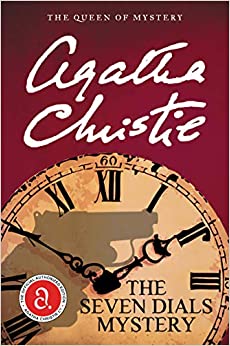For some reason, I always thought A High Wind in Jamaica, which I read for the 1929 Club, was a children’s adventure story. Boy, was I wrong. Much of the book’s power derives from the contrast between its light-hearted, jaunty tone and its subject matter. The novel is frequently compared with Lord of the Flies, which should give you some idea of its effect.
No timeframe is given for this novel except that it is after the British outlawed slavery, but I assume it’s sometime in the 19th century. The Thornton children have grown up in a crumbling old house in a ruinous Jamaica running wild, and let’s just say that being kind to animals doesn’t seem to be a concept they’re familiar with. In the case of Emily, from whose point of view we follow the action, it seems to have put her so far into her dreamy imaginary world that she’s sometimes unaware of reality. At least that’s one way to look at it. In any case, the children are nearly feral.
When Emily is 10, a hurricane strikes the island and the roof of their house is torn off. Mr. and Mrs. Thornton finally figure out that Jamaica might not be a suitable place to raise their children. So, they duly put them on a ship for England. On the ship as well are an older girl, Margaret Fernandez, and her brother. Except for Emily, the children aren’t differentiated much, so I lost track of how many there were or who belonged to which family.
The ship is attacked by pirates, or attacked isn’t the right word because the pirates trick their way onboard. While they are questioning the captain about where his money is, they take the children over to the pirate ship. It seems as if this was meant to be temporary, but as soon as the pirates leave the ship, the captain takes off, leaving the children behind. He returns to tell a grisly tale of a violent encounter in which the children were killed.
The pirates are sort of bumbling and down-at heel, but they are not unkind to the children. But as a long dreamy period at sea continues, a feeling of dread grows, especially after Emily’s younger brother dies in an accident. The other children almost immediately forget him, and there is worse to come.
This is a beautiful, disturbing novel. I am not sure I believe some of the behavior of the children, but on the other hand, I’ve seen how children in my own family forget they’ve done things after a period has intervened.






